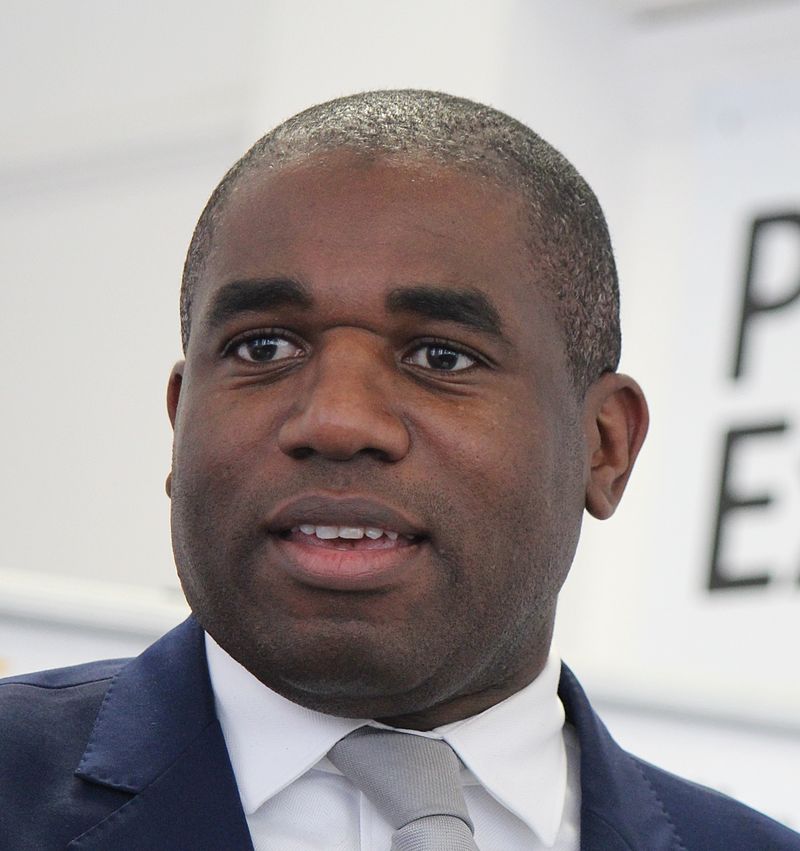David Lammy – 2020 Speech on the Probation Services
Below is the text of the speech made by David Lammy, the Labour MP for Tottenham, in the House of Commons on 11 June 2020.
I thank the Secretary of State for advance sight of his statement. I, too, want to give my thanks to the National Probation Service and for the work of our CRCs, particularly at this challenging time. The Opposition welcome the U-turn that the Government are announcing. It is a U-turn that we have called for for many years. Anyone who looks at Hansard for debates in this Chamber and indeed looks at successive Select Committees will be aware that the Secretary of State has made an important announcement.
The playwright Alan Bennett wrote that the probation service is about the
“remedying of misfortune…which…has no more to do with profit than the remedying of disease”.
The probation service may seem abstract to many who have had lives of privilege. Unlike the health service, most of us will never come into direct contact with it, but every Member of Parliament knows that a properly run probation system is essential. At its best, it can be the national service of second chances: offenders rehabilitate, former criminals become good citizens and people are allowed to make up for their past mistakes.
Just as our national health service must be publicly run, so, too, must probation services, but the Conservative Government’s part-privatisation of the probation service was the deepest privatisation that the criminal justice system has ever experienced. The reforms led by the right hon. Member for Epsom and Ewell (Chris Grayling)—it is such a shame he has not made it to the Chamber—transferred 70% of the work done by the public probation service to private and voluntary sector providers. Coming in 2015, in the middle of a decade of austerity, these were, in essence, cost-cutting measures. The Government were warned, but, as we have seen with so many of their attempts to cut corners through underinvestment, ultimately these measures have cost much more in the long run. Since the reforms, reoffending rates have climbed up to 32%. Members of the public and victims of crime across the country would not have been subject to the trauma they were put through had this privatisation not been introduced in the first place. One service provider, Working Links, was found to be wrongly classifying offenders as low risk to meet Government targets. Profit was put before public safety, ethics were compromised and lives were lost. It does not matter what language the Secretary of State uses in this House, he should apologise for that mistake made by his party.
The Government cannot say that they were not warned about the devastation that their part-privatisation of the probation service would cause. Trade unions, including Napo and Unison, have been campaigning for probation services to be fully publicly run for seven years. The Labour party, too, has warned this House of the dangers of these reforms again and again. The chief inspector warned that the use of private firms to monitor offenders serving community sentences is irredeemably flawed. Lord Ramsbotham, the former chief inspector of prisons, even produced an interim report on how the Government can best return the services to public hands.
The Opposition welcome the Government’s U-turn today, but the obvious question is why the Government tried to make profit out of probation in the first place, and why it took so long for them to realise their mistake. More than a year ago, the Justice Secretary’s predecessor announced that the system was not working. He outlined that offender management would be renationalised, so why did the Government fail to renationalise the second pillar of the private probation service then? Why were unpaid work programmes and accredited programmes still put out for private tender? When the Government knew that their model was broken, why did they only go part of the way in fixing it?
As we move towards the return of the probation services into public hands, this Opposition will scrutinise every detail seriously. Probation services are too important to be messed around with again, so what is the timescale for reintegration of all probation services into the state? Can we be assured that this will not be used as an excuse for any more cuts? Will all the savings from not renewing private probation contracts go towards an improved, better staffed, trained and managed National Probation Service? Keeping expertise is vital. How will the Government ensure that private probation staff will be encouraged to continue their work? Local probation services must be able to draw on the voluntary sector and create connections with local employers, adult education colleges, health authority and jobcentres. How will the Government ensure that the National Probation Service is organised so that there are those strong local links?
Many prisoners are released without suitable accommodation, so the connection to local authorities is absolutely vital. Ex-offenders need to be helped to find a home from which they can start a better life. The Government want to frame these reforms as purely down to the coronavirus, but we all know the truth: the problems are much deeper than that. Let this momentous U-turn be the end of the assumption that the private sector always knows best. The Government outsourced school dinners and we ended up with obesity and turkey twizzlers. The Government outsourced the cleaning of hospital beds and we ended up with the highest rates of the superbug. The Government outsourced probation and we ended up with higher reoffending rates. The private sector is not the answer for everything.
However, probation is founded on the idea of second chances. It is in this spirit that we are open minded to the Government as they try to atone for their past sins. Will the Government commit to making these changes part of a broad, coherent strategy for investment in rehabilitation and greater safety for the public? The Government should not just try to put the clock back. They should work with the Opposition, work with our unions and work with our non-governmental organisations and other experts to build a better probation service than we have had before. This is how they can make up for their past mistakes.


